Results
-
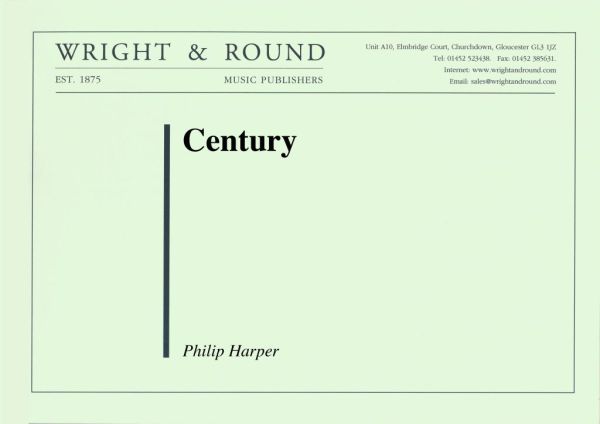 £50.00
£50.00Century (Score and Parts)
Estimated dispatch 7-14 working days
-
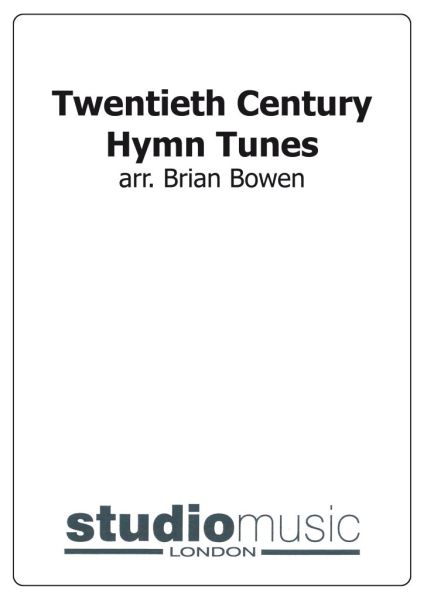 £24.95
£24.95Twentieth Century Hymn Tunes
Estimated dispatch 7-14 working days
-
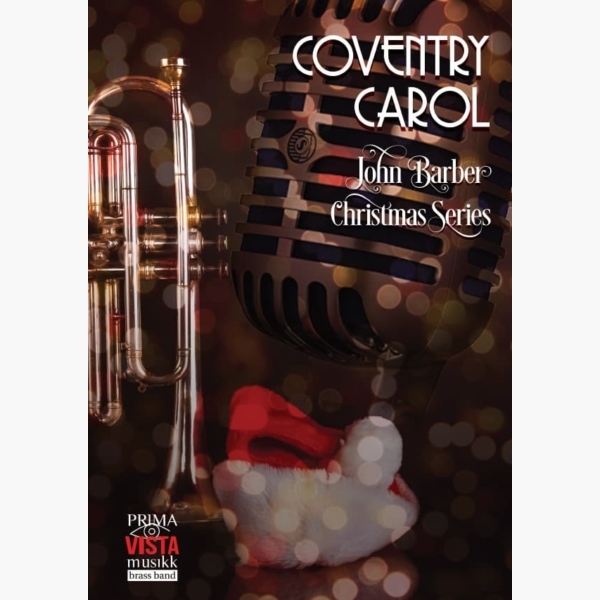 £24.95
£24.95Coventry Carol - 16th Century English Traditional - John Barber
Coventry Carol dates from the 16th Century. Traditionally sung 'a capella', the carol refers to the Christmas story from chapter two in the Gospel of Matthew and the Massacre of the Innocents, in which Herod ordered all male infants under...
Estimated dispatch 5-7 working days
-
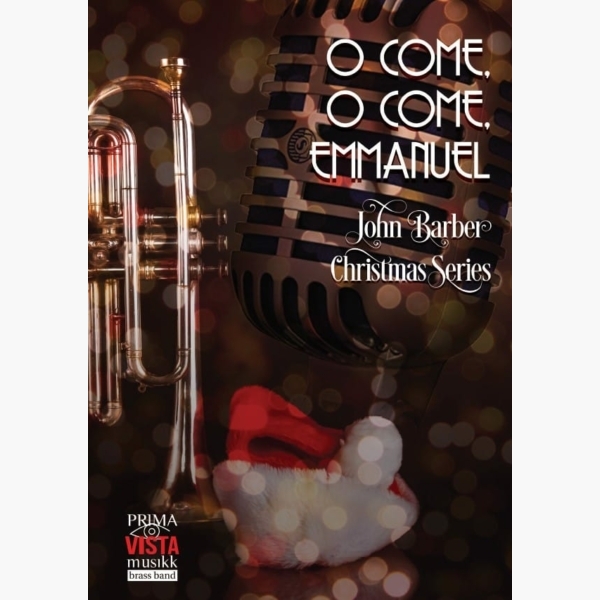 £24.95
£24.95O Come, O Come, Emmanuel - 15th Century French Traditional - John Barber
O Come, O Come, Emmanuel is a Christian Hymn for Christmas and is a translation of the Latin hymn, Veni, Veni, Emmanuel with the origins of the text stretching back as far as at least the 15th Century. In this...
Estimated dispatch 5-7 working days
-
 £109.99
£109.99Frontier Vision - Stephen Bulla
Frontier Vision is a concert or contest piece based on three elements: the commemoration of the 500th anniversary of Reformation Day, the Martin Luther melody, A Mighty Fortress Is Our God (Ein Feste Burg ist unser Gott) on whichthis composition is based, and thirdly the spreading of the evangelical movement in the late 19th century, of which the analogous storyline forms the structural basis of this work. Multi-cultural ethnic influences, along with the driving rhythms thatreflect the perseverance and hard work of those mission-minded pioneers, are both important components that make Frontier Vision an outstanding choice for your concert or contest. Frontier Vision was the test piece for the seconddivision in the Dutch National Brass Band Championships 2017.
Estimated dispatch 5-14 working days
-
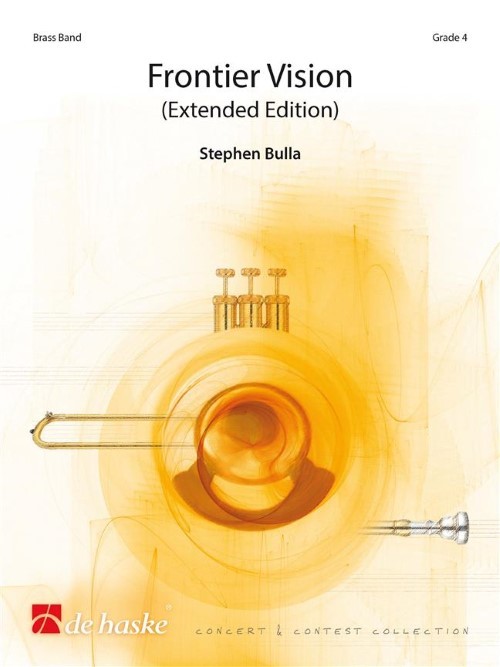 £109.99
£109.99Frontier Vision (Brass Band - Score and Parts) - Bulla, Stephen
Frontier Vision is a concert or contest piece based on three elements: the commemoration of the 500th anniversary of Reformation Day, the Martin Luther melody, A Mighty Fortress Is Our God (Ein Feste Burg ist unser Gott) on which this composition is based, and thirdly the spreading of the evangelical movement in the late 19th century, of which the analogous storyline forms the structural basis of this work. Multi-cultural ethnic influences, along with the driving rhythms that reflect the perseverance and hard work of those mission-minded pioneers, are both important components that make Frontier Vision an outstanding choice for your concert or contest. Frontier Vision was the test piece for the second division in the Dutch National Brass Band Championships 2017. Duration: 12.00
Estimated dispatch 7-14 working days
-
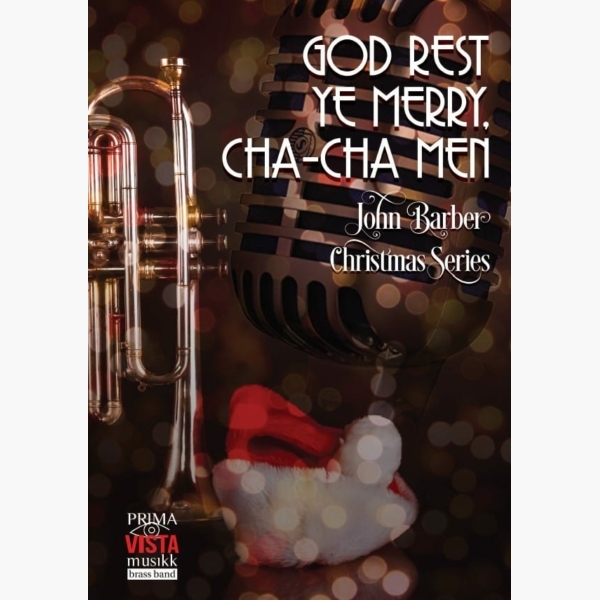 £24.95
£24.95God Rest Ye Merry, Cha-Cha Men - 16th Century English Traditional - John Barber
God Rest Ye Merry, Cha-Cha Men is a reworking of the traditional English Christmas carol God Rest You Merry, Gentlemen. Veering away from the original with the help of a driving Cha-Cha beat, a piano Montuno line in the baritones...
Estimated dispatch 5-7 working days
-
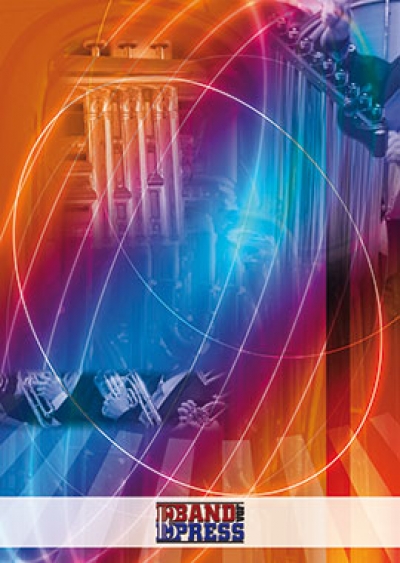 £107.00
£107.00Seven Quarters of a Century - Evenepoel Johan
Estimated dispatch 7-14 working days
-
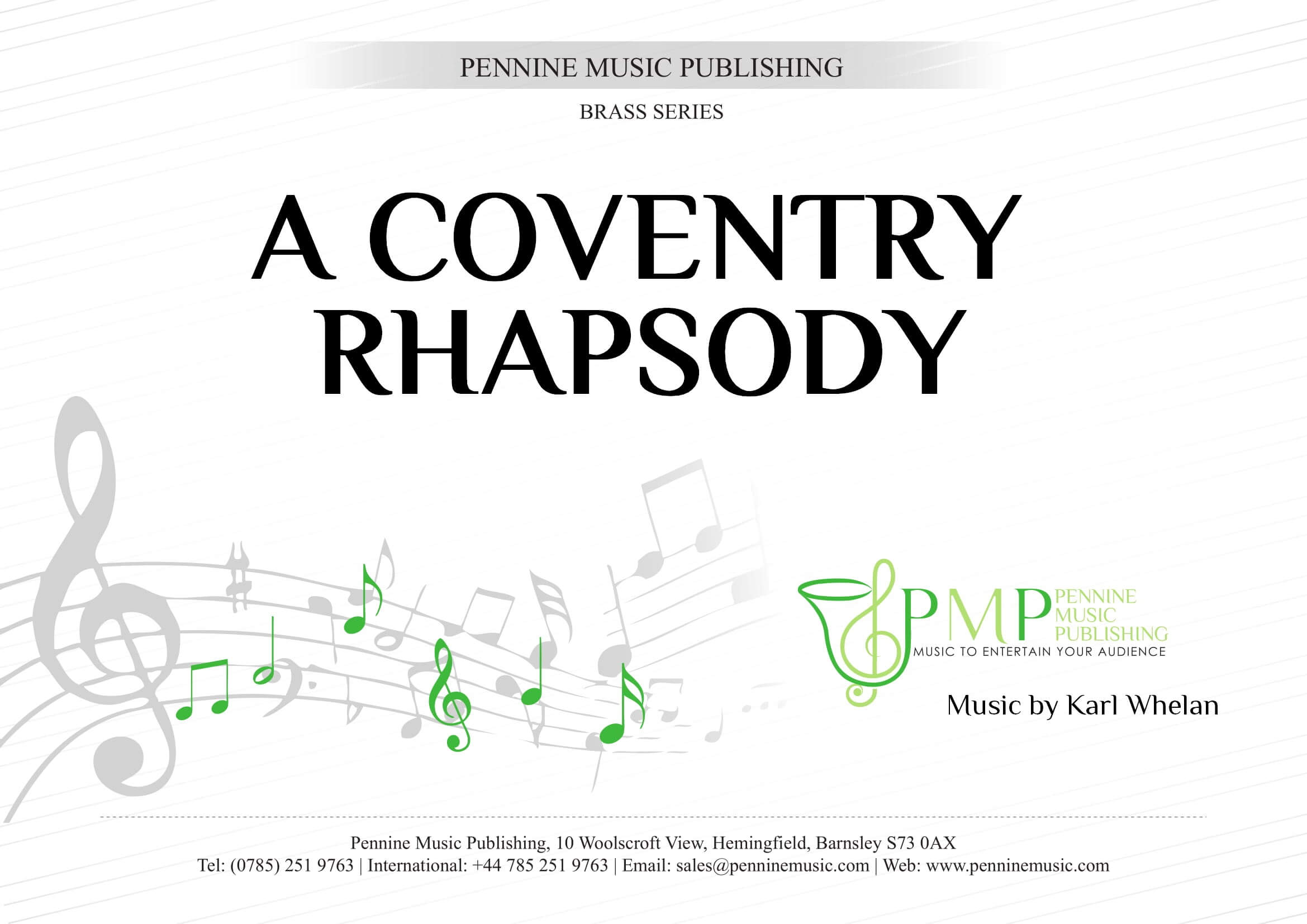 £37.50
£37.50A Coventry Rhapsody - Karl Whelan
For bands searching for an 'Overture' kind of work to programme into their Christmas concerts, look no further. "The Coventry Carol" dates back to the 16th century and is one of three songs from a nativity play entitled "Pageant of the Shearman and Tailors" which was traditionally performed in Coventry. The carol itself depicts the "Massacre of the Innocents" in the nativity narrative from the "Gospel of Matthew", in which King Herod, orders the execution of all baby boys under the age of two in the vicinity of Bethlehem. In this Rhapsody, Karl Whelan takes the familiar tune and turns it into an impressive showcase for bands looking to give the audience something different and very enjoyable for their festive concerts.
In Stock: Estimated dispatch 1-3 working days
-
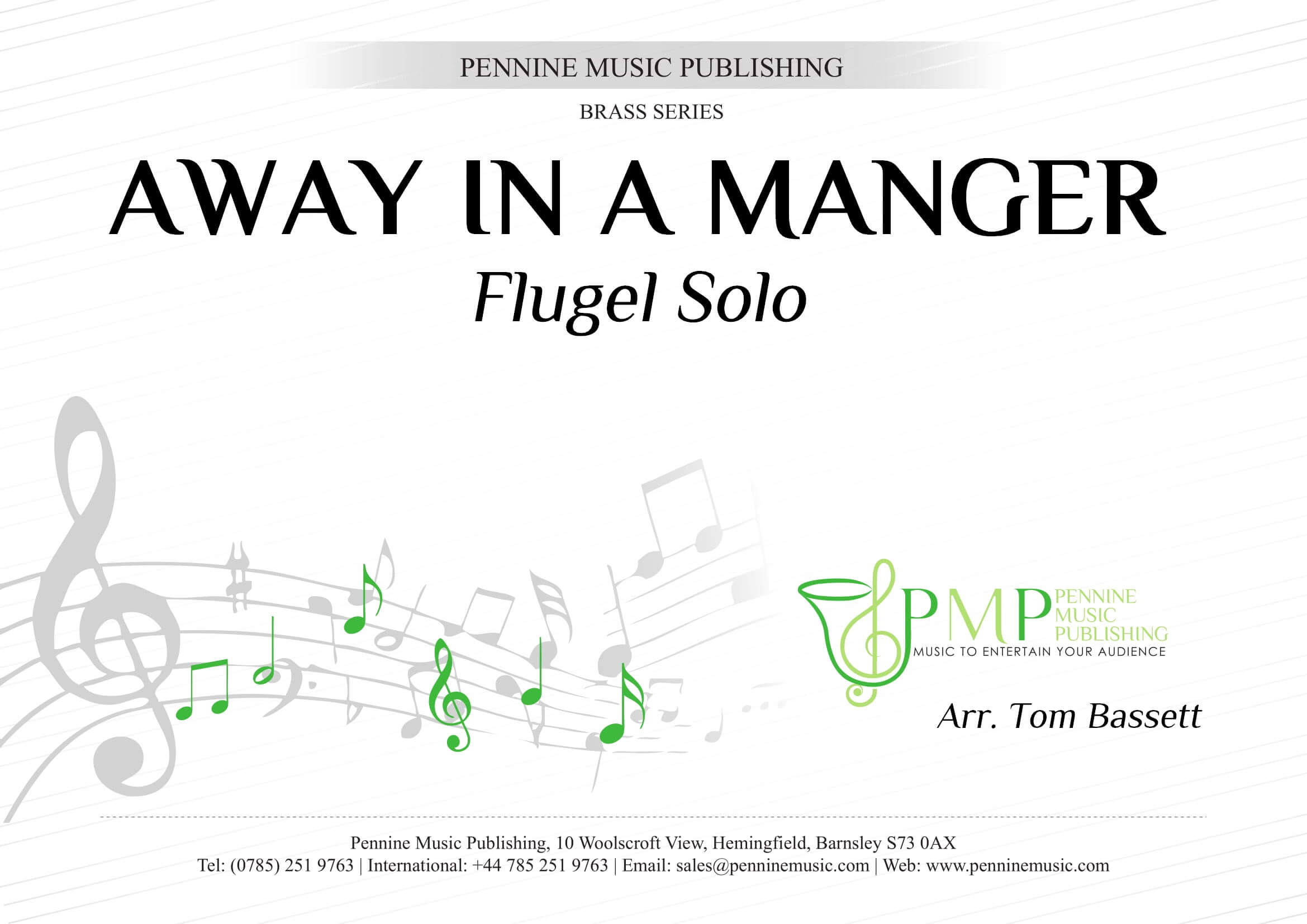 £24.50
£24.50Away In A Manger - William J. Kirkpatrick - Tom Bassett
The most well-known of carols, set to William Kirkpatrick's melody, 'Cradle Song' first appeared in the late nineteenth century. It is known the world over and synonymous with the sounds of children singing this gentle, lyrical song. Arranged here as a flugel solo with warm harmonies and accompaniments from the band, this is a great addition to any Christmas concert programme.
In Stock: Estimated dispatch 1-3 working days
